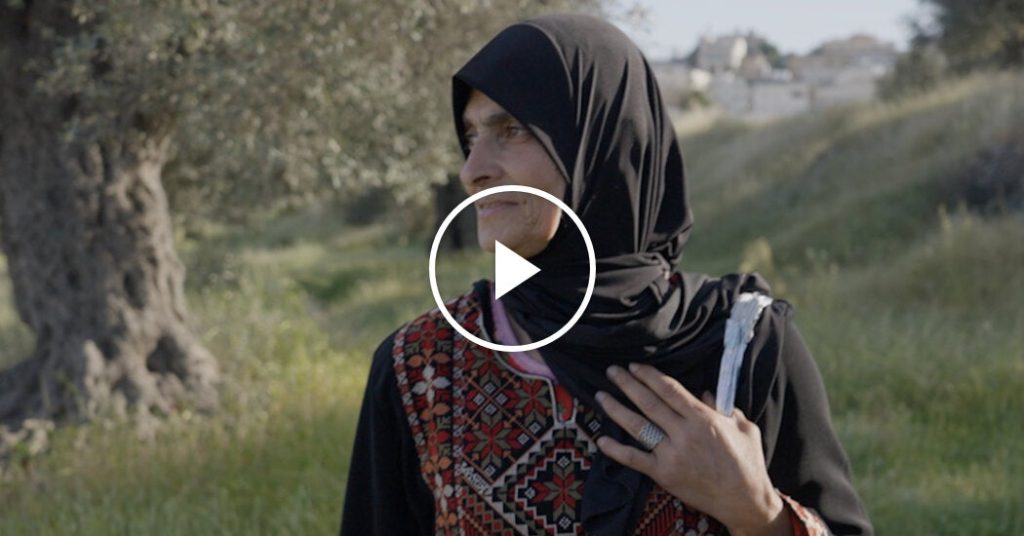In the occupied West Bank, Palestinians are facing increased challenges and hardships due to the ongoing war in Gaza. This includes heightened security restrictions, raids and arrests, settler violence, and economic instability. Two individuals, Laith Al-Muti and Wijdan Ziadeh, shared their stories of how their lives and livelihoods have been greatly impacted by the war. Al-Muti, a 29-year-old taxi driver and tour guide in Bethlehem, now finds himself waiting at Israeli checkpoints with barely any visitors coming through. In Hebron, Ziadeh’s life in the Tel Rumeida area, near an Israeli settlement, has also been at a standstill with increased limitations on movement since Oct. 7.
The division of security control in Hebron, with H1 managed by the Palestinian Authority and H2 by the Israeli military, has further exacerbated the challenges faced by Palestinians in the region. The Israeli military states that security measures have been heightened in response to terrorist threats, including from Hamas, and that their presence in Tel Rumeida is aimed at ensuring the safety of all residents. However, Ziadeh and other Palestinians in the area fear settler aggression and violence, which has reportedly escalated following the war. Incidents of settler violence against Palestinians in the West Bank have seen a significant increase, with nearly 950 attacks recorded by the U.N. as of June 2024, highlighting a disturbing trend of impunity for settler perpetrators.
Both Al-Muti and Ziadeh express deep concerns about the uncertain future facing them and other Palestinians in the West Bank. For Al-Muti, the absence of tourists visiting Bethlehem has greatly impacted his livelihood, with popular sites now sitting empty. Ziadeh, on the other hand, lives in constant fear of settler aggression towards her and her sons, portraying a pervasive atmosphere of insecurity and vulnerability. The long-lasting consequences of the war in Gaza on the lives of Palestinians in the West Bank are becoming increasingly apparent, as restrictions tighten, violence rises, and economic stability falters.
The experiences of Al-Muti and Ziadeh shed light on the multifaceted challenges faced by Palestinians living under occupation in the West Bank. The combination of security restrictions, settler violence, economic turmoil, and fear for the future creates a complex and precarious environment for individuals trying to maintain their daily lives and livelihoods. The ongoing conflict in Gaza has had far-reaching consequences beyond the immediate war zone, touching the lives of Palestinians in neighboring regions like the West Bank. As they navigate through heightened tensions and uncertainties, the voices of Al-Muti, Ziadeh, and others in similar circumstances serve as poignant reminders of the ongoing struggles and resilience of Palestinians living in the shadow of conflict.
Despite the challenges and uncertainties they face, Palestinians like Al-Muti and Ziadeh continue to persevere and adapt to the changing realities of their daily lives in the West Bank. Whether it be navigating through increased security measures, coping with settler violence, or grappling with economic hardship, these individuals demonstrate resilience and determination in the face of adversity. As they strive to rebuild their lives and communities in the aftermath of the war in Gaza, their stories serve as testaments to the strength and courage of the Palestinian people in the midst of ongoing conflict and hardship. By sharing their experiences and shedding light on the difficult realities they face, individuals like Al-Muti and Ziadeh contribute to a deeper understanding of the complexities and challenges of life under occupation in the West Bank, and the urgent need for lasting peace and security in the region.


